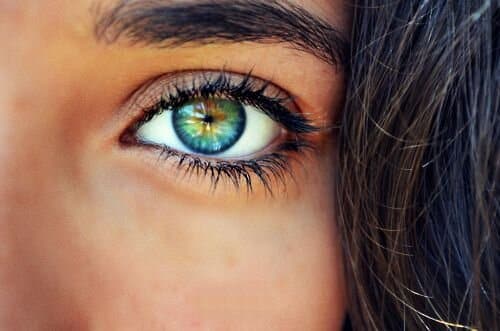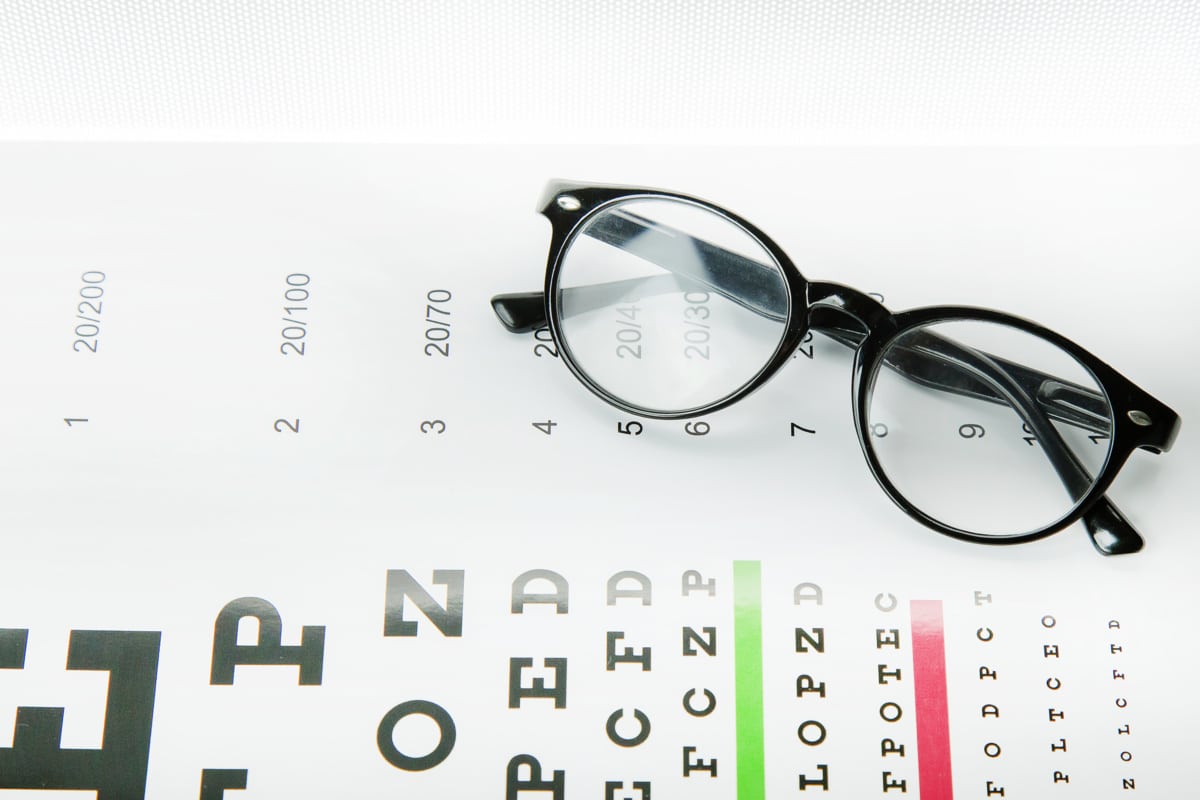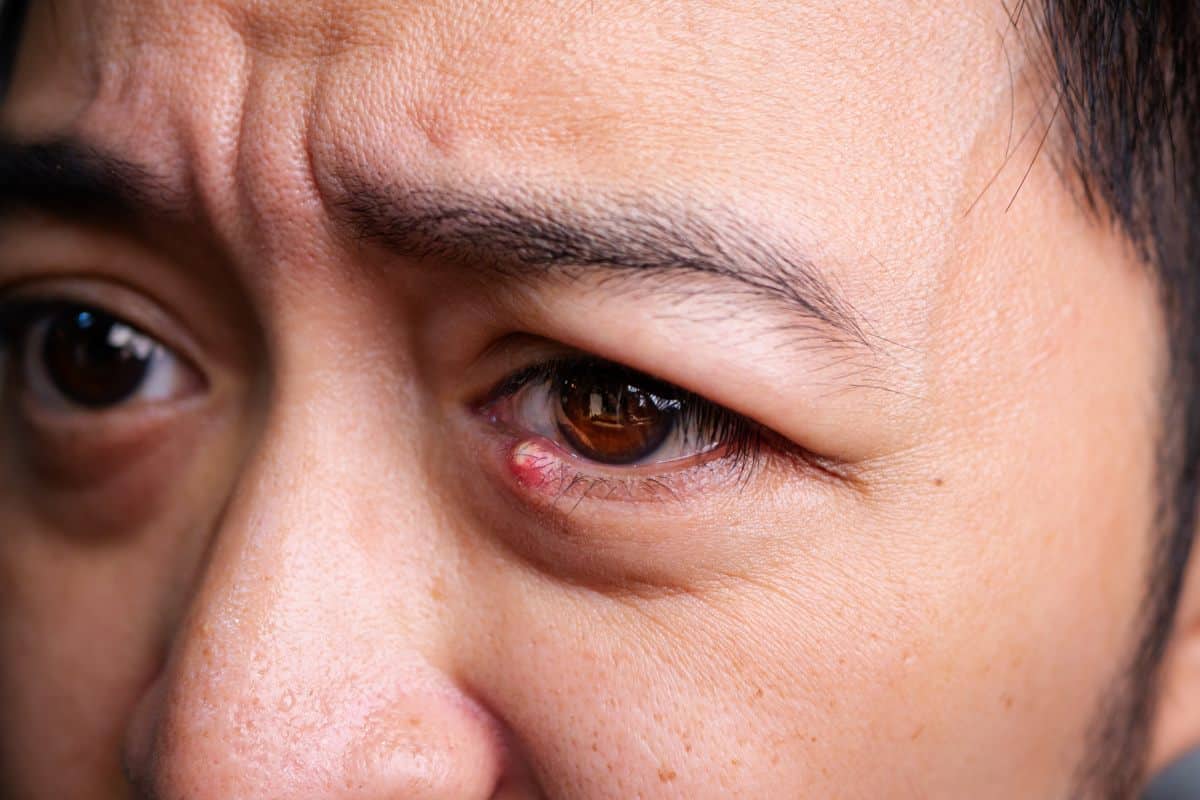If you’ve never been to the eye doctor, you likely don’t know what to expect during an eye exam. Every step during the eye exam will evaluate the health of your eyes and vision. The questions and steps will allow your eye doctor to determine if any medical intervention is necessary to treat the health of your eyes or any need for corrective lenses. Here’s a closer look at what you can prepare yourself for during your eye exam.
Answering Questions During an Eye Exam

During an eye exam, your doctor may ask you several questions about your vision and overall health. These questions help your eye doctor to better understand your individual needs and concerns. Not only will they help your eye doctor get to know you better as a person, but they’ll also help your care team better understand your everyday routine. Some common questions you may be asked during an eye exam include:
- Have you experienced any changes in your vision?
- Do you wear glasses or contacts?
- Do you have any family history of eye conditions or diseases?
- Are you currently taking any medications?
- Have you had any recent injuries or surgeries?
- Do you have any medical conditions, like diabetes or high blood pressure?
- Do you work on a computer or spend a lot of time reading?
- Do you experience headaches or eye strain?
- Have you noticed any changes in your peripheral (side) vision?
It’s important to answer these questions as honestly and thoroughly as possible to ensure that your eye doctor has a complete understanding of your health and vision needs.
Eye Health Exam
An eye health exam is a comprehensive exam that evaluates the health of your eyes. This exam typically involves a range of tests and procedures to evaluate the overall health of your eyes, as well as your risk for eye diseases and conditions.
During an eye health exam, your eye doctor may perform a retinal exam and tonometry. Tonometry measures the pressure inside your eyes, which can help detect glaucoma. A retinal exam looks at the back of your eye, including the retina, optic nerve, and blood vessels. It can help detect a range of eye conditions, including age-related macular degeneration and diabetic In addition to these tests, your eye doctor may also ask about the lifestyle factors that can impact your eye health, such as smoking and diet.
Vision Exam
A vision exam is a critical component of an eye exam, during which your eye doctor will evaluate your visual acuity and prescription needs. The vision exam usually involves reading letters on an eye chart or identifying shapes and symbols at various distances, as well as identifying colors and contrast. During the vision exam, your eye doctor will check for the following:
- Common refractive errors: Myopia, hyperopia, astigmatism, and presbyopia can cause blurry vision at varying distances.
- Accommodation: How well your eyes change focus from near to far distances.
- Binocular vision: Ability of your eyes to work together as a team.
- Eye muscle balance: How your eye muscles align your eyes correctly.
- Depth perception: Ability of your eyes to judge distance accurately.
Your eye doctor may also perform additional tests, such as a refraction test or a cover test, to determine the best prescription for your eyeglasses or contact lenses.
Learning What to Expect During an Eye Exam

Regular vision exams are an important part of maintaining your vision and overall health. If you have any concerns about your vision, it’s important to schedule an appointment with your eye doctor as soon as possible. Our team of eye doctors at Art of Optiks are here to make sure your exam is as comfortable and relaxed as possible.
If you want to learn more about what to expect during an eye exam, schedule an appointment today!




